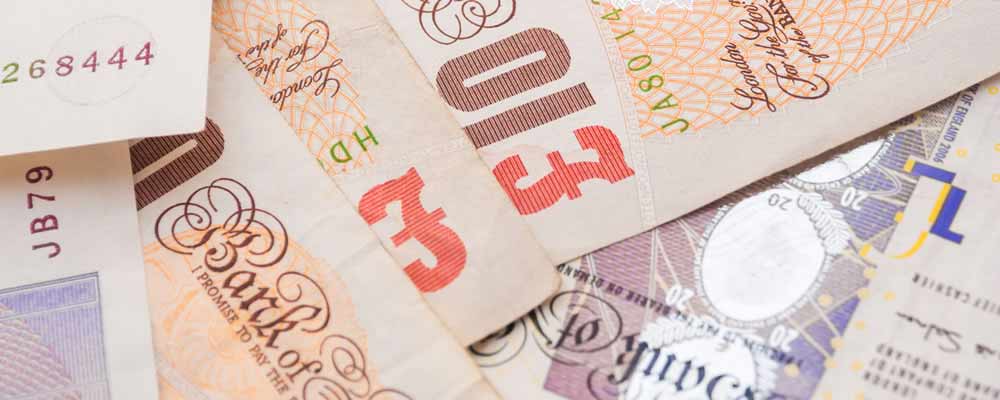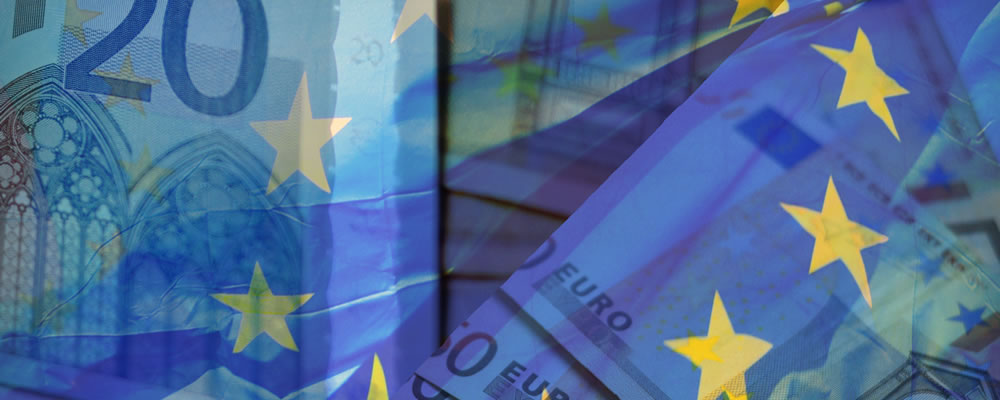Thin data looks set to keep EUR GBP locked on its current upward trajectory for the rest of today’s session, with no data to distract traders from the threat of an impending ‘Hard Brexit’. Can a speech by Labour leader Jeremy Corbyn on his vision for Brexit improve sentiment?
Latest News:
- Update, 12th Jan: Carney suggests BoE forecasts may be revised up
- Update, 11th Jan: UK data slew offers polarised results
- Traders want more Brexit clarity from Theresa May
- ‘Sterling isn’t safe from the bears’ says City Index
- Strong recent data distracts from Eurozone political fears
- Speech by Jeremy Corbyn could upset EUR GBP advance
Closing Update, 12th Jan; Traders have been unsettled by comments from Maltese Prime Minister Joseph Muscat that the UK would remain under the jurisdiction of EU authorities for the duration of any transitional Brexit period. He also noted that any deal the UK received would have to be ‘inferior to membership’. While perhaps not surprising, it is arguably not a view compatible with that of the UK government, which seems to be asserting that it can secure immigration controls and access to the single market – a perk not available to EU members. EUR GBP exchange rates have now registered bullish gains.
Afternoon Update, 12th Jan; Minutes from the latest European Central Bank (ECB) meeting have shown that the Governing Council was split on the decision to extend quantitative easing until the end of this year. This has provided the Euro with further support, as it suggests that the chances of a taper to QE isn’t necessarily off the table. However, GBP remains buoyant enough to resist appreciation, keeping the Euro at opening levels.
Midday Update, 12th Jan; Strong Eurozone data has now enabled the Euro to push back against the Pound’s earlier gains. EUR GBP has risen to just below opening levels after a 0.1% upwards revision for Germany’s 2016 GDP figure to 1.9% and significantly above-forecast performances on the year and the month from Eurozone industrial production data for November.
Morning Update, 12th Jan; Bank of England (BoE) Governor Mark Carney told the Treasury Committee yesterday that Threadneedle Street may raise its forecasts for the economy. The EUR GBP exchange rate has weakened, after traders reacted positively when Carney said;
‘I would say, and I’ll say this very lightly, which is that recent data would be consistent with some further upgrade of the forecast but that process has not yet started.’
Morning Update, 11th Jan; The latest UK data has been decidedly mixed, sparking a bout of uncertainty amongst Pound investors. Industrial and manufacturing production have both clocked in significantly higher than forecast, but so have UK trade deficits. Construction output has also failed to rise to the expected level. EUR GBP is currently strengthening, but it might take traders a while to go through the data and decide how to interpret it.
Original article continues below…
Eurozone data has been incredibly sparse so far today – an indication of how the rest of the session will pan out. A slowdown in Finnish industrial production growth has been countered by a larger upwards revision to the previous figure and French industrial production growing 2.2% against forecasts of 0.6%.
This has left investors with no immediate news and so their focus has turned to the long-term. There are plenty of threats on the horizon for the Eurozone to cause concern. These include numerous elections that could open the door to populist anti-EU parties, diverging monetary policy with the US, the threat of further terrorist attacks, sluggish growth and slow inflation.
But recent data has been largely upbeat, with several strong prints from Germany helping to reverse the fear that the Eurozone’s powerhouse economy has become more of an anchor holding it back.
This has eased the concerns that kept traders away from the Euro at the start of the year.
Additionally, the Pound’s misfortune is proving rather helpful for the Euro, enabling large EUR GBP advances to continue.
The common currency is broadly advancing elsewhere, however, showing that traders are on the whole warmly disposed towards EUR.
Pound Dives on Brexit Fears – Is Theresa May to Blame?

The investor sell-off, sparked over the weekend when Theresa May indicated a ‘Hard Brexit’ is on the way, continues today for Sterling today. A drop of -0.6% is being recorded against the Euro. This means EUR GBP has now risen around 1.8% since trade began yesterday. That equates to an extra £160 on a transfer of €10,000.
But why are investors so bearish on the Pound? Markets hate uncertainty – if you are trying to make a profit by speculating on exchange rates, you want the smallest risk possible. There are far better yielding currencies out there if an investor wants to take a risk.
This uncertainty is, according to many experts, made worse by the fact that the UK government remains tight-lipped about its plans for Brexit; with fewer than three months to the triggering of Article 50, investors still aren’t sure the UK government even has a plan.
According to Kathleen Brooks of City Index;
‘We expect the Pound to remain the most volatile of the G10 currencies in the coming months while we wait for the triggering of Article 50. Essentially the market is likely to re-establish shorts in GBP, after a brief respite at the end of last year, until it is quite confident that Brexit won’t be ‘hard’ or disastrous for the UK economy.
While Theresa May says that we can’t keep ‘bits of the EU’, Sterling isn’t safe from the bears until we know what will replace the single market.’
Establishing ‘shorts’ means that traders believe the Pound will continue to fall, so will borrow it from brokers, sell it on the market, then buy it back when the exchange rate worsens, returning the funds to the broker and keeping the difference.
Traders want to know what Britain’s trade relationships will be following Brexit – and with whom – but with the Prime Minister refusing to confirm or deny that the UK will leave the single market, it is impossible for them to know what shape UK trade will take after the country leaves the European Union.
Will Corbyn’s Push for Single Market Access Surprise EUR GBP on Slow Data Day?
Thanks to an almost complete lack of data from both the Eurozone and the UK, EUR GBP exchange rates will be at the mercy of political developments today. Irish consumer confidence may edge lower, but this is hardly likely to weaken the Euro.
The UK’s only report is the latest update on the Bank of England’s (BoE) quantitative easing operations; the result of which investors would only pay attention to should something go horribly wrong. So perhaps the best GBP traders can hope for today is that there aren’t any hiccoughs from the BoE and the Pound holds its current losses, rather than extending more.
However, Labour leader Jeremy Corbyn is due to give his first major political speech of the year, in which he will outline his vision for Brexit. Corbyn has recently adopted the general cabinet consensus that immigration should be curbed to some degree, although he will still press for access to the single market.
The fact many Labour MPs have vowed to vote to block the triggering of Article 50 in the event they believe the government is planning on taking the UK out of the single market could help support the Pound.
Numerous Tory backbenchers are also in favour of single market access, so the potential for them to unite with Labour to force the government to protect it during negotiations may cheer traders later.
At the time of writing the EUR GBP exchange rate was trading around 0.87, while GBP EUR exchange rates were trending in the region of 1.14.



